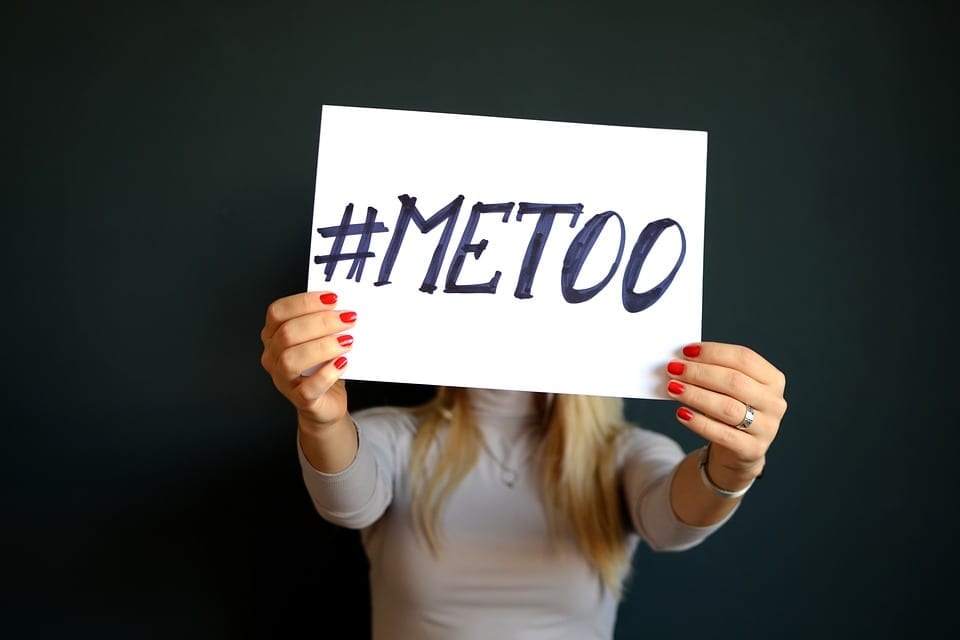As many of Hollywood’s most powerful players see a large and growing list of allegations, companies seek coverage.
Following the massive headlines made by allegations against Harvey Weinstein, sexual harassment insurance has become a serious topic among businesses. A growing number businesses are seeking to cover their executives as the Hollywood producer and a large number of others in power are accused of sexual harassment and assault.
This insurance coverage trend has been growing steadily in recent years but has seen a sudden spike due to headlines.
A number of high profile scandals over the years have kept companies steadily interested in sexual harassment insurance for their highest ranking employees. Corporate America is experiencing considerable struggles with this type of workplace misconduct and the risks associated with it.
Now, with Weinstein and several other very well known and powerful names in Hollywood in the spotlight for allegations of sexual harassment and assault, the potential advantages of insurance coverage are more visible to many companies of all sizes.
The sexual harassment insurance is a part of a broader type of plan that covers a range of misconduct.
 Employee practices liability insurance (EPLI) products offer companies coverage against wrongful firing, racial discrimination and sexual harassment. These business insurance plans have been rapidly spreading among companies ranging from small businesses to large corporations. The popularity has seen steady growth over the last decade, but the current headlines are driving more companies to make inquiries regarding their own needs.
Employee practices liability insurance (EPLI) products offer companies coverage against wrongful firing, racial discrimination and sexual harassment. These business insurance plans have been rapidly spreading among companies ranging from small businesses to large corporations. The popularity has seen steady growth over the last decade, but the current headlines are driving more companies to make inquiries regarding their own needs.
That said, some women’s groups and lawyers caution that these same insurance policies that are designed to protect companies against reputation damage and expensive lawsuits may be making the problem worse. By reducing the consequences for the behaviors of these behaviors, companies aren’t required to face the problems directly, say those groups.
“They create a stronger culture of silence,” said American Association of University Women chief executive, Kim Churches, when speaking about sexual harassment insurance payouts. “It doesn’t only prohibit victims from speaking up. It means we’re not encouraging colleagues to stand up to sexist language or harassment and call it out on the spot,” she said.
